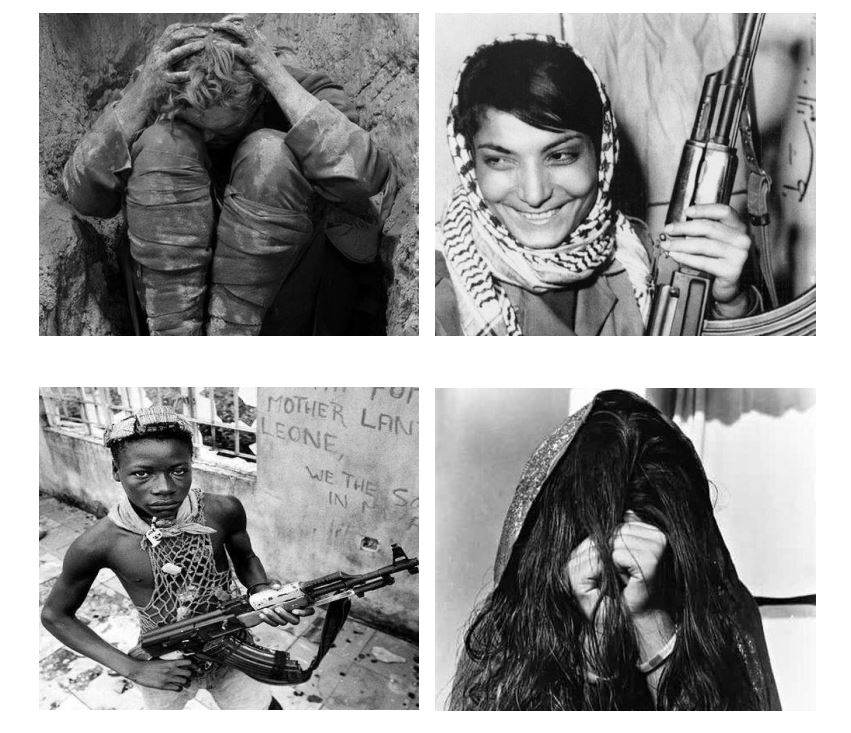
Wars, Violence, and Gender in the Twentieth Century
-
- Course Duration:
- November 5-28, 2018

This seminar-based course is for students who are interested in investigating the gender dimension of wars and violence. The course aims to discuss the major military conflicts of the twentieth century from a gender perspective. In doing so, the course will cover the history of global and local wars in a wide variety of regions, including Europe, Africa, and Asia. However, rather than surveying a vast number of military conflicts, we will use a case study approach to conduct in-depth analyses of external and internal dynamics of military encounters and the role of gendered violence during them.
During the course, we will discuss primary sources, recent historiographical debates, and multiple methodological approaches related to violence and gender. For this reason, the course is organized both chronologically and thematically. In particular, we will discuss World War I; World War II; the Holocaust; terrorism; and wars in Bangladesh, Sierra Leone, Rwanda, and Bosnia. Focusing on various forms of violence during twentieth century wars and military conflicts (i.e., world wars, guerrilla warfare, civil wars, irregular warfare, and genocides), we will investigate the following:
(1) How wars and military conflicts shaped gender identities and roles in different societies;
(2) How gendered violence was instrumentalized by governments and the military command during and after military conflicts; and
(3) How gendered violence shaped identities and subjectivities of people and societies who committed or experienced violence over the long term.
By the end of the course, students will be able to do the following:
§ Critically appraise the opportunities and limitations of the application of a gender approach to the history of wars and military conflicts;
§ Describe key aspects of major military conflicts of the twentieth century;
§ Understand the concepts of war, gender, gendered violence, genocidal violence, sexual violence, and trauma;
§ Critically evaluate different types of primary sources and scholarly books from a variety of disciplines and different methodological persuasions; and
§ Develop a historical explanation of the relationship between violence and gender-based on primary and secondary sources.
Historian, Ph.D. (2011), researcher at the Center for Urban History, a doctoral student at Toronto University. In the Center, she implements a project “Urban Culture, Entertainment, and Networking in Times of Social Unrests, Wars, and Revolutions (1900s–1920s)”. Recent publication: “Between the National and Popular Culture: Theaters in the Occupied Lviv (September, 1914 – June, 1915),” Ukraina Moderna, 2016 (23).

Dr. Oksana Dudko